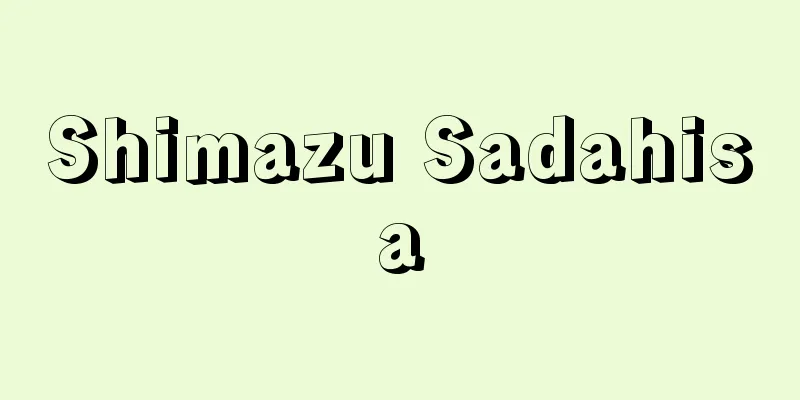Planking - Itabari

|
A type of washing method for Japanese clothing. The clothing is unraveled, washed, coated with funori glue, and stretched on a board about 170 cm long and 40 cm wide to remove wrinkles and dry. The finished product is stiff, so it is suitable for cotton fabrics and strong plain-weave silk fabrics. Other methods of washing include shinshibari and yunoshi, but these are no longer practiced in ordinary households. Source : Heibonsha Encyclopedia About MyPedia Information |
|
和服の洗濯法である洗張りの一種。和服をほどいて洗い,ふのりをつけ,長さ170cm,幅40cmくらいの張板に張ってしわを伸ばして乾かす。仕上がりがかたくなるので綿織物や丈夫な平織の絹織物に適する。洗張りにはほかに伸子(しんし)張りや湯のしがあるが,一般家庭では行われなくなった。
出典 株式会社平凡社百科事典マイペディアについて 情報 |
<<: Wooden floor - Itabari yuka
Recommend
I filament - I filament
…At this time, the rod-shaped part forms the axis...
Japan-US Security Treaty
Officially, it is the "Treaty of Mutual Coop...
Accounts payable - Kaikakekin (English spelling) accounts payable
It refers to unpaid business payments incurred bas...
Under the banner of Marxism
A Japanese communist theory magazine (monthly maga...
Gambir (plant) - Gambir
…A climbing woody plant of the Rubiaceae family (...
Mulga
…The distribution of plants in Australia is large...
The Gilded Age
…The name, derived from the title of the novel Th...
şeyhülislam (English spelling) seyhulislam
...meaning "Islamic elder (shaikh)," it...
Accounting - accounting (English spelling)
Accounting, which is the subject of study in acco...
Panzini - Panzini (English spelling) Alfredo Panzini
Italian novelist and critic. A student of Carducc...
Shoulder (topography) - Shoulder
…overhangA rock that juts out like a eaves. It is...
Nanbu-so
This manor was located in the area of the curren...
spiny-bellied spider
…Both the cephalothorax and abdomen are chitinize...
Hartley, D.
…Hume also explained the necessity attributed to ...
Maximum principle - saidaigenri (English spelling) maximum principle
Optimal control is one of the methods for designin...









